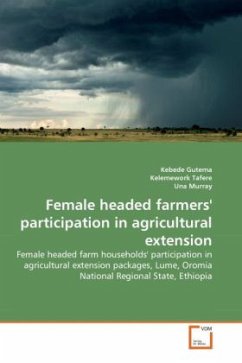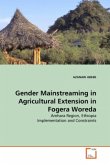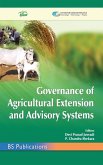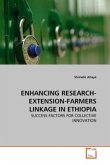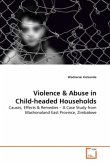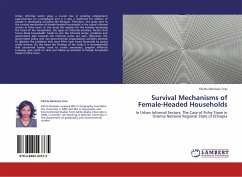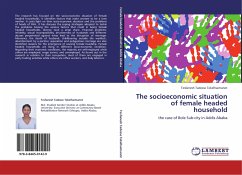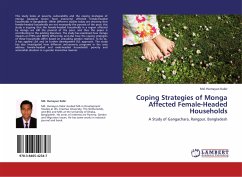Agricultural extension has been implemented in Ethiopia to ensure food security and food self sufficiency. The program has been designed to benefit both female and male headed households. However, practically achievement was below the expectation. This study was conducted to identify female headed households' constraints in agriculture, to examine the responsiveness of agricultural extension packages, to explore female headed farm households' perception on existing agricultural extension packages and to investigate factors that affect their participation. Results showed that participants and non-participants of the program had different constraints. Agricultural extension packages were found to be not responsive to 31%, lack appropriate components to 26% and not provided at right time to 41% of the participants of the program. 98.5% of participants and 99.9% of non-participants well perceived that agricultural extension packages improve livelihoods. But 47% of participant female headed farm households disagree that they equally benefited with male headed farm households. Size of active labor, credit access, livestock holding and radio ownership were found to affect participation.

